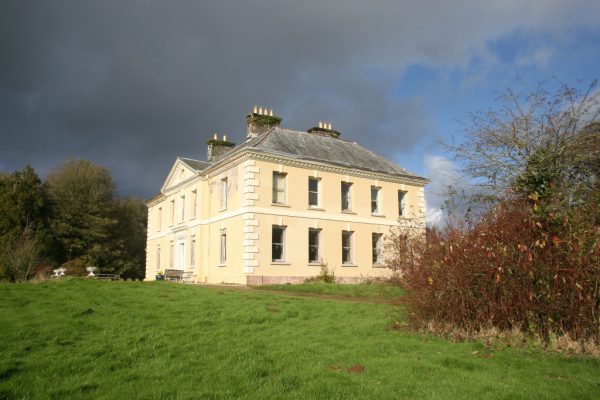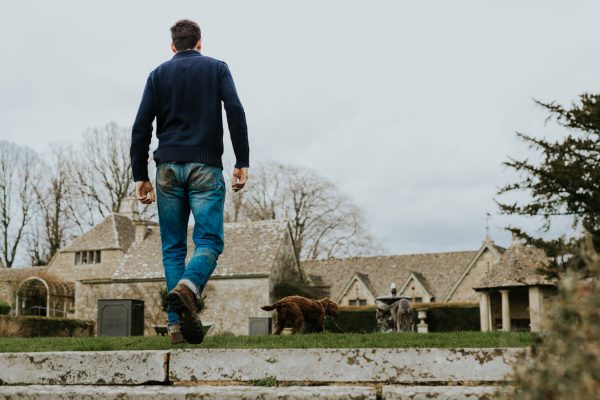Poison in the Garden at Kelly House
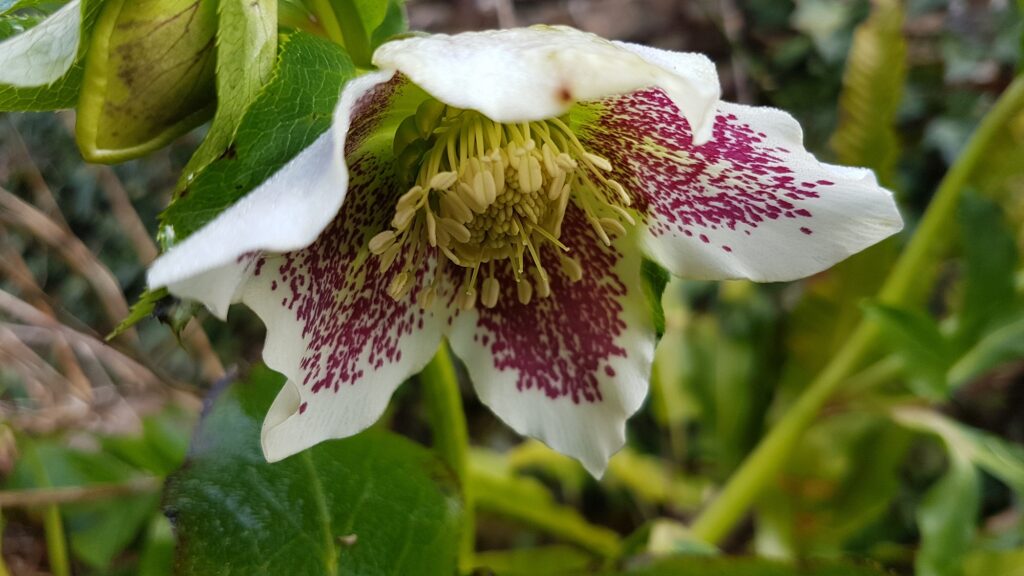
After almost a year of uncertainty Kelly House will be opening their gardens from April through to June and, to give this season a more interesting twist, we will be highlighting “Poison in the Garden”.
Throughout much of 2020, Sophia Kelly found she was spending more time in the garden of her ancestral home in the heart of the beautiful Devon countryside. She and her 2-year-old would explore the grounds, build dens and play hide and seek, until a worrying moment on a sunny September afternoon which suggested that the garden was, perhaps, not always a perfect playground for an inquisitive toddler.
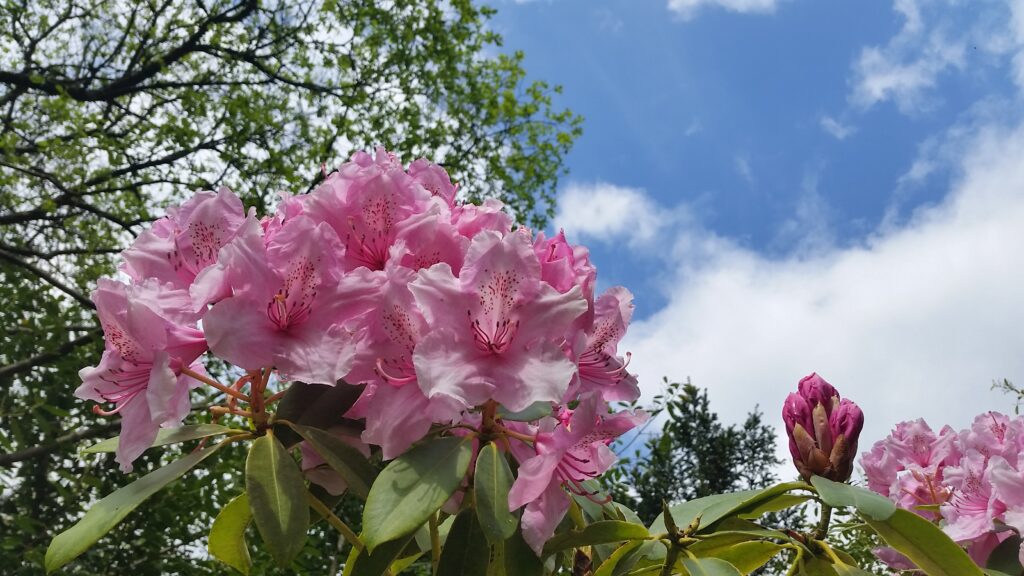
Sophia Kelly: explains “My daughter ran over to me excitedly to share her latest important discovery and said proudly – Look what I found Mummy! It was a Yew berry and, although the berries themselves are not poisonous, I know their seeds are extremely unpleasant if consumed. I discovered later that little as two seeds can be enough to kill a small child”.
“Whilst we had already talked about not eating things found in the garden, I thought it was time to teach her more about what not to touch. She can already identify foxgloves and knows to avoid them, but the incident with the berries made me stop and think. How many other potential risks were lurking quietly in my country garden!”
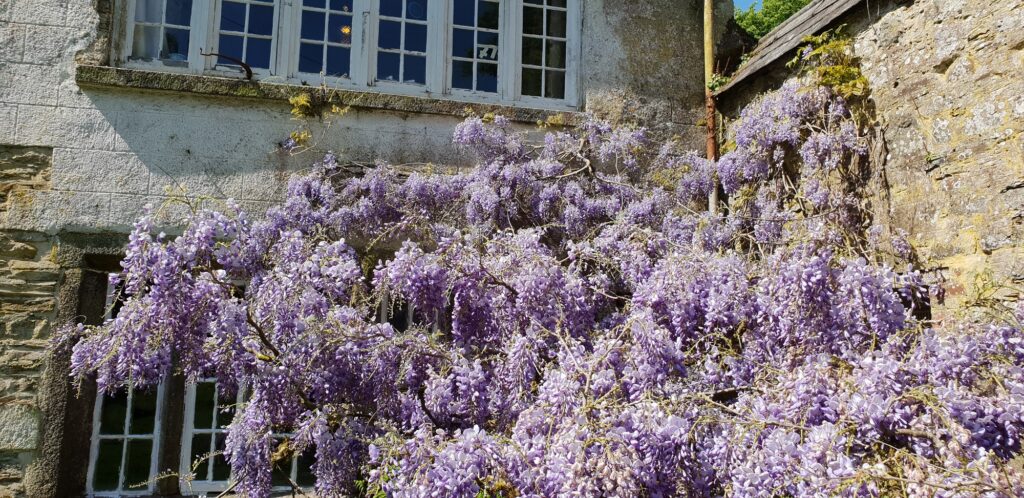
This might be said to be over paranoid parenting, after all, over 29 generations have successfully made it to adulthood in this garden. However, they did not grow up in a world where every birthday, celebration cake, drink or salad now comes adorned with fresh flowers and petals. The closest previous generations got to this was the odd sprinkling of violet and rose petals, and most of those came already crystallized straight from the shop.
It’s not just children who are mistakenly under the impression that all flowers are fine to eat. Sophia believes that the increased use of images on social media is doing little to help the situation. As an example, she explained that a friend had posted a picture of a birthday cake she had made, it was beautifully displayed and decorated with some flowers she’d taken from a bouquet.
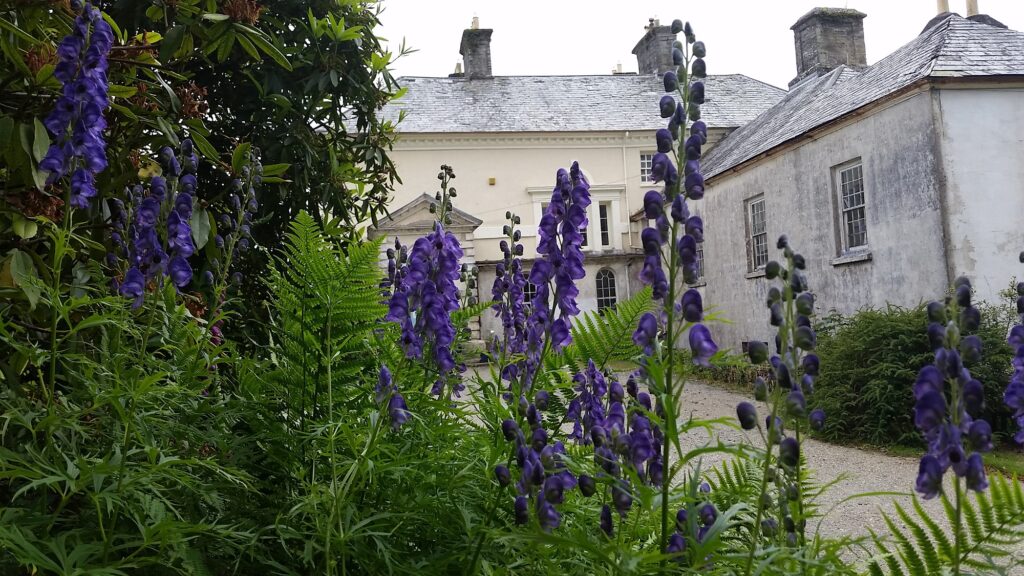
“They were Delphiniums, I’d spent some time researching the plants we have in the garden, so I already knew these were a prime candidate for the Nasty List. Delphiniums – or Larkspur – are highly toxic and even one flower, if eaten, could be lethal.”
Kelly House is not the first garden to highlight deadly plants, Alnwick Castle has a designated Poison Garden where the planting is specifically chosen for its toxic properties. At Kelly House, the plants included in the Poison in the Garden trail reflect the range of flora some people may already have encountered, either in their own garden or found commonly in other historic open gardens.
Kelly House has well established, thriving gardens, with much of the general design carried out in Victorian times by Janet Kelly according to the William Robinson principles of wild gardening. So, although none of the garden was specifically intended to be toxic, some flowers and bushes growing wild can have the capacity to cause illness or, in extreme cases, death from consuming as little as a single berry or flower.
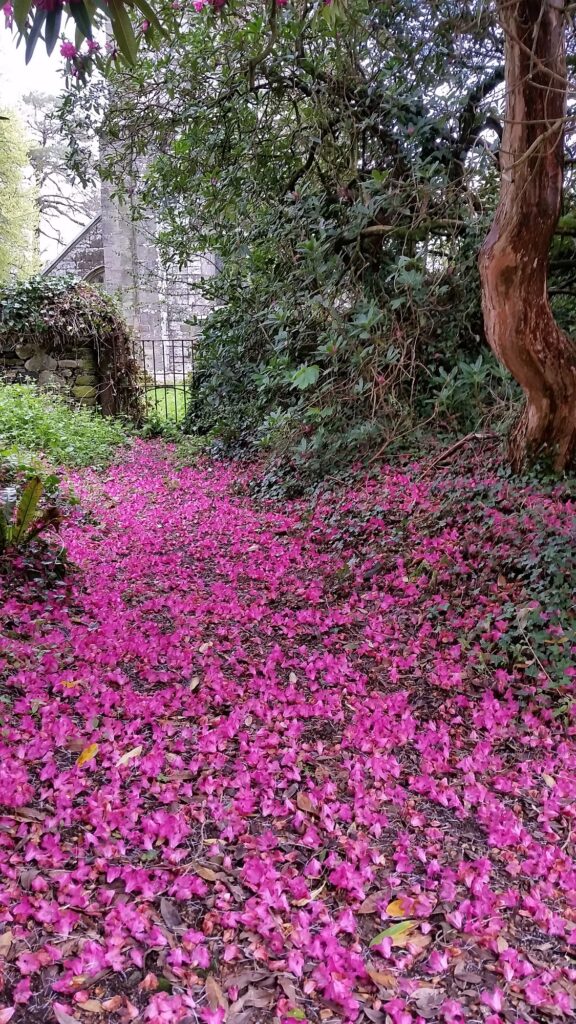
Over the last few months, Sophia has been cataloguing and researching the flowers and plants we can all expect to find in the UK, and some may be surprised to find that there are places within their own gardens that may be hiding a dark side.
Sophia: “It’s not a definitive list of British poisonous plants, it’s more about treating the garden with a little respect. A plant from your local Florist or Garden Centre might be beautiful, but it doesn’t automatically follow that you can adorn your cakes with it! Small things like washing your hands when you come in from the garden is important, but so is taking care when dealing with seemingly innocuous vegetation.”
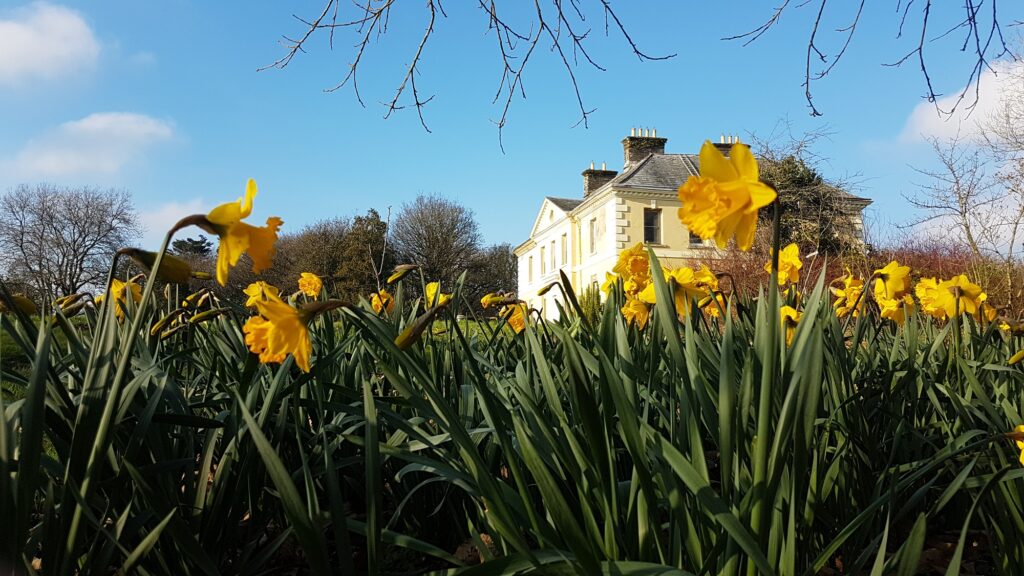
“A big surprise for me was Laurel, a common hedging plant. When cut, laurel gives off small amounts of cyanide and, although in the open air this is not a major concern, if you pack the cuttings in to the back of the car to take them to the dump, I would strongly recommend you open all the windows! It can cause serious health issues.”
Is this a new phenomenon? Definitely not! But with people using more and more flowers for decorating foods, taking care to identify what we eat and dealing with plants appropriately is as important as ever. While not all plants will kill with one bite, like Aconite or Foxgloves, many others can cause severe upsets!
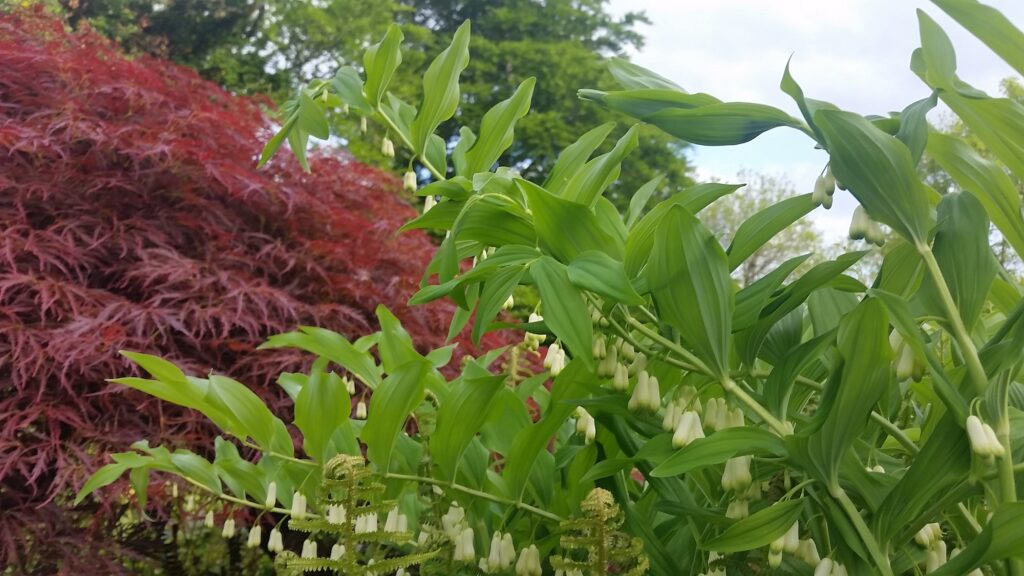
Poison in the Garden at Kelly House near Lifton will be open every Tuesday, Wednesday and Sunday from 10.30am to 4.30pm from 13th April until the 27th June (subject to Government guidelines).
Entrance £5 per person. Children under 14 free. Supporting Children’s Hospice South West. Takeaway tea and coffee and cake will be available from the Tea Room!

A Girl Called George: Arbury Hall’s Literary Heritage
On a literary pilgrimage to Arbury Hall in Warwickshire, Sarah Greenwood, writing for Historic House magazine, found the source of George Eliot’s inspiration.





